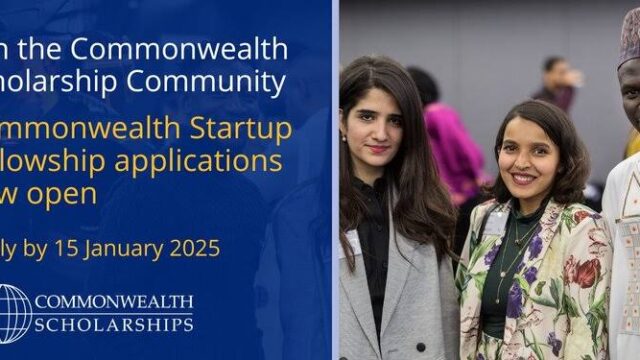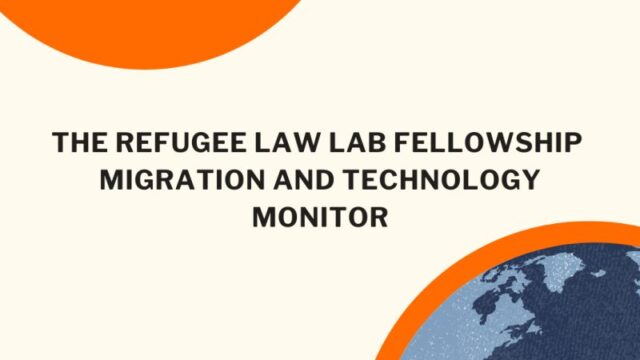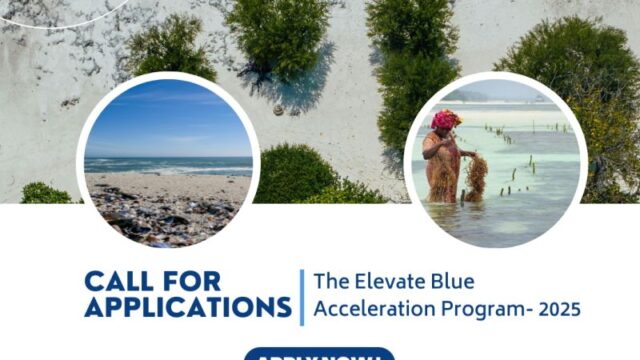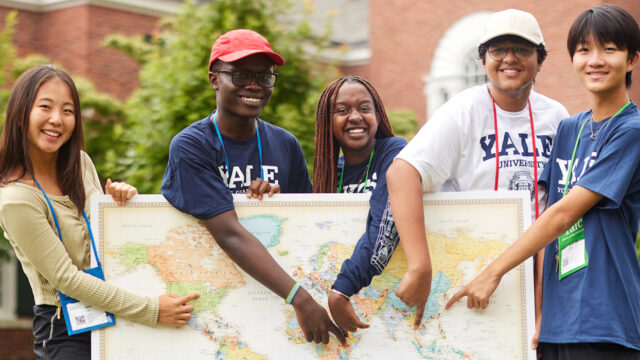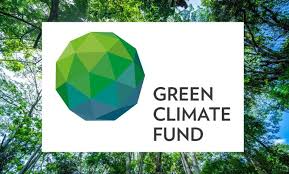Funded to USA : Apply for the Draper Hills Summer Program (DHSF) 2024 – Stanford University
Applications are open for the Draper Hills Summer Program (DHSF) 2024 - Stanford University.
Stanford University's Centre on Democracy, Development, and the Rule of Law hosts the annual three-week Draper Hills Summer Programme (DHSF), which was established in 2005. A group of twenty to thirty mid-career professionals from all over the world work in the fields of law, politics, government, business, civil society, and international development.Through this training programme, up-and-coming leaders can network, share experiences, and get academic instruction to broaden their knowledge and improve their job in a special setting.
Specifics
Fellows take part in academic seminars covering the theory and practice of democracy, development, and the rule of law for three weeks during the summer. These seminars, which are taught by esteemed faculty members from Stanford's economics, political science, law school, and graduate school of business, enable up-and-coming leaders to investigate novel institutional models and frameworks that will augment their capacity to foster democratic transformations back home.
A practitioner's perspective on such urgent topics in the area is offered by guest speakers from think tanks, government, private foundations, and the legal system. Additionally, summer fellows travel to Silicon Valley to visit digital companies like Benetech, Google, and Twitter in order to investigate the ways in which social media and technological technologies are being utilised to accelerate democratic practices around the world.
The programme is supported generously by Ingrid von Mangoldt Hills and Bill Draper.
Program Curriculum
Our program curriculum combines five different session styles, which include:
- Academic sessions provide a framework and theory to understand democratic development taught by interdisciplinary faculty from across Stanford’s Freeman Spogli Institute for International Studies. Sessions examine the political development, democratic transitions, and the relationship of law to economic development, public administration, administrative law, transitional justice, food security, and global health policy, among others. Lectures are accompanied by a set of academic readings drawn from books and journals that participants are asked to complete before each lecture.
- Case study workshops are rooted in real-world stories and scenarios of specific policy reforms that have taken place in developing countries. Rather than serve as examples of “best practices” or “how-to” guides, the cases are designed to encourage participants to think critically about the key decisions that have led to policy reforms. They are written from the perspective of decision-makers who have designed or executed specific policies and they demonstrate how effective public officials think and act strategically. They show how these leaders address technical obstacles while simultaneously taking into careful consideration the political, cultural and social constraints to reforms. The cases we use for teaching can be found in our case study library.
- TED-style talks allow fellows to tell their stories to the group to uncover more about their work, personal life, and struggles to overcome injustice and advance democracy. These talks begin in the first week of the program and conclude by the second week, allowing fellows a chance to connect on a personal level and develop peer connections early in the program. Fellows are asked to begin preparing their TED-style talk in advance of the fellowship program. You can watch select TED-style talks from our fellows here.
- Guest lectures feature prominent figures in public service, the technology industry, and the philanthropic community who provide a practitioner’s perspective for our fellows and allow them to make strategic connections to these organizations.
- Site visits to leading technology firms, such as Facebook, Google and Twitter, allow fellows to get an inside perspective on Silicon Valley’s leading tech giants and how their platforms support and interfere with democratic change.
2024 Program Dates
The dates for the 2024 Fisher Family Summer Fellows Program are Sunday, July 21 – Friday, August 9, 2024. Applicants are required to participate for the entire duration of the fellowship program. They must be sure that they can be absent from their professional obligations during that time and must make a commitment to attend the full program upon acceptance.
Application
In order to apply to the Fisher Family Summer Fellows Program, please create an account through our online portal. The application form is available once you log in and will be available through the deadline, January 14, 2024. Due to the volume of applications, we strongly suggest that you submit the application form as soon as possible. You will be asked to contact two references to furnish letters of recommendation to support your candidacy for the program. A complete application package will be due no later than Sunday, January 14, 2024.
Applicants will be informed of their selection for the program by April 2024. Please do not email us concerning your application status before that time as the program team will be very busy processing and reviewing files.
All application materials must be submitted in English. Applicants should be sensitive to word count and not exceed any of the stated word count limits in the narrative sections of the form as you will automatically be cut off.
Scroll down for more details and click on the official link attached to apply.
Additional Information
- Every year, we make an effort to choose a varied cohort of twenty to thirty people who are at the appropriate point in their career to gain from demanding academic instruction in order to maximise their capacity to advance democratic reform in their own nations. The academic qualifications required for participation in the daily six-hour seminars and for taking on advanced readings to supplement the classroom-based curriculum will be provided to the successful applicants. Although a bachelor's degree is held by 99% of our alumni when they participated in the programme, it is not a prerequisite for enrollment.
- It is essential to have a working grasp of English in order to participate in the programme. In order to get the most out of the programme and take part in it completely, each fellow is required to have a strong command of both written and spoken English.
Funded to USA : Apply for the Draper Hills Summer Program (DHSF) 2024 – Stanford University 0 reviews
Login to Write Your ReviewThere are no reviews yet.


